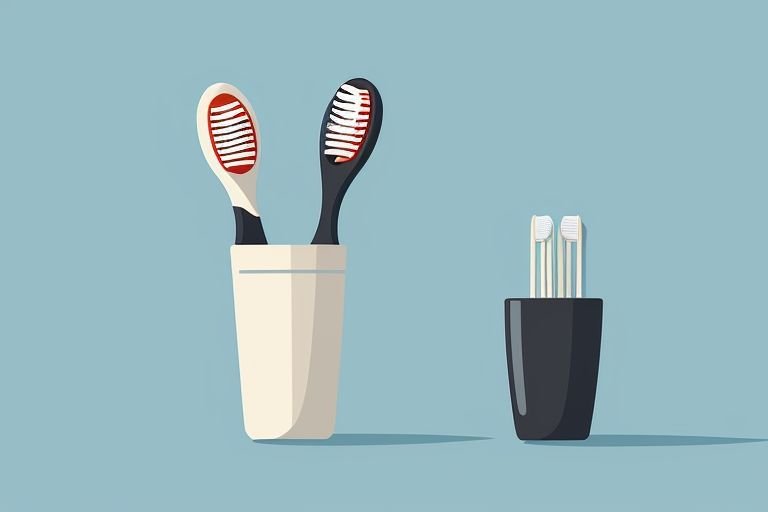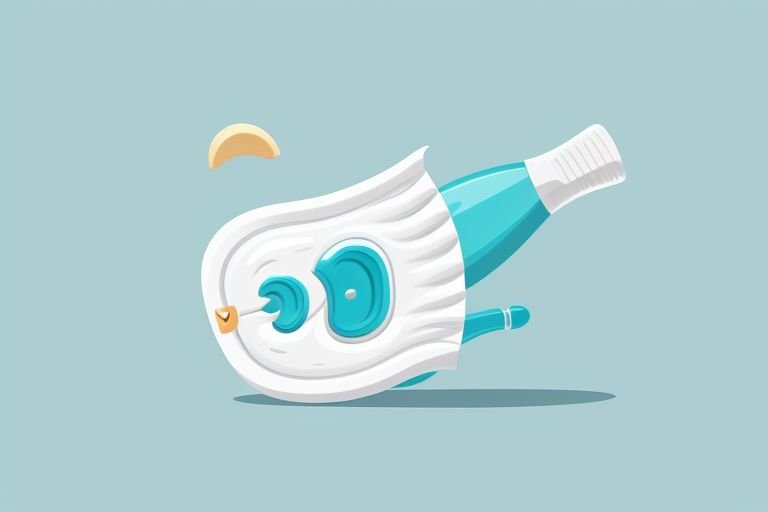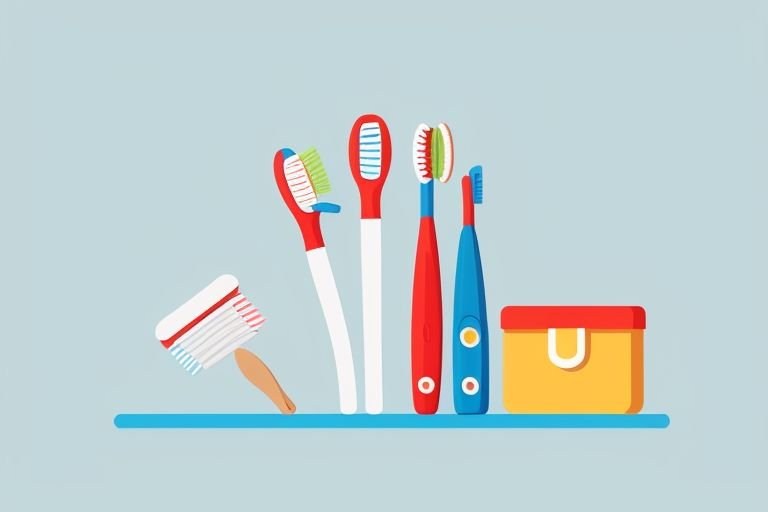Upgrade your brushing: 5 simple tips for healthier teeth
Taking care of your oral health goes beyond the simple act of brushing your teeth. Small habits can make a big difference in the long run. In this guide, we’ll delve into 5 often overlooked yet crucial aspects of brushing that can significantly impact the health of your teeth and gums. From the lifespan of your toothbrush to the often-neglected tongue, let’s explore these essential tips for a healthier brushing routine.
5 more tips for healthier brushing habits
- Not changing your toothbrush regularly

The humid environment and thick bristles can easily breed a lot of bacteria on the toothbrush over time. Therefore, it is necessary to replace the toothbrush in about 3 months in your brushing routine.
2. Not brushing your tongue

The surface of the tongue can accumulate various bacteria and food debris and cause bad breath. Brushing your tongue lightly, not too hard, until you have a light white coating on your tongue.
3. Avoiding fluoride toothpaste

Fluoride toothpaste can prevent teeth decay. Thus, it is recommended for people who are prone to caries to prevent tooth decay.
4. Sharing toothpaste with your family

The longer you use your toothpaste, the greater your chance of exposure to bacteria. For example, if one person in the family has a mouth disease or cold, it is easy to transmit it to each other. Toothpaste and mouthwash cups are best used for personal use when brushing teeth.
5. Using toothbrushes with stiff bristles

Long-term use of toothbrushes with too hard bristles can easily cause gum damage, bleeding, and increase the possibility of oral diseases. In fact, different groups have different toothbrush choices to use in brushing teeth. Children use a child-specific toothbrush with fine bristles, while adults use a small-headed toothbrush with soft and fine bristles. Pregnant women are prone to redness, swelling and bleeding because of the effects of hormones, so they can choose a toothbrush with slender bristles and soft bristles.
Tips
People who smoke a lot or have a lot of calculus need to go to a regular hospital for dental cleaning because it is difficult to remove pigment and calculus with a stiff brush.
Conclusion
Remember, the foundation of good oral health lies in the details of our daily routines. By being mindful of small but impactful habits like changing your toothbrush regularly, brushing your tongue, opting for fluoride toothpaste, avoiding sharing toothpaste, and choosing toothbrushes with gentle bristles, you’re not just safeguarding your smile; you’re investing in the longevity of your oral health. Incorporating these simple practices into your brushing routine can pave the way for a healthier, happier mouth in the days and years to come. So, take charge of your brushing habits today and smile confidently tomorrow.
Leave a Reply